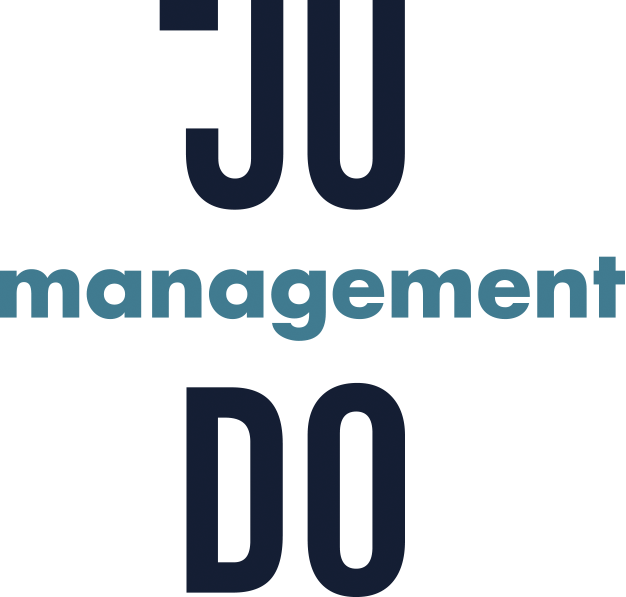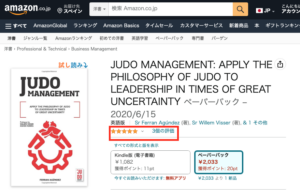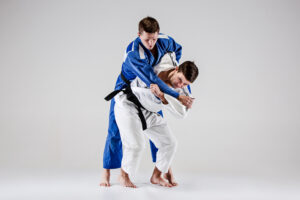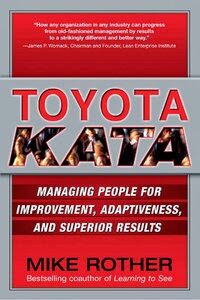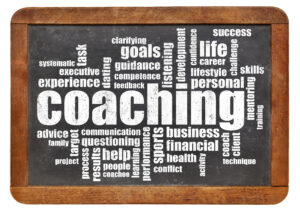During more than 40 years of coaching in top level judo, I have made the following distinction of top sport types (with some modification one can distinguish these types in different kinds of sports).
Two types of judoka can be distinguished: The attacking judoka, acting offensively and The awaiting In wihich you can again make a distinction: The signal reflecting judoka and The intuitive-reflecting judoka.
One or two, with a maximum of three, very explosive techniques of attack (more than three is absolutely impossible, because he needs all his time to keep them all operational). Further technique development is very difficult.
Usually his endurance, general and specific, is outstanding, his strength sufficient.
Mostly an extrovert type, easily distracted, one should set apart before performing.
He almost lacks the capacity to take over advantage of the other and operate accordingly (anticipation) and when practising he shows a wavering anticipating attitude.
When achievement is called for everything must run according to fixed patterns, otherwise he will find himself in trouble.
It is hard to estimate beforehand when and at what moment he cannot cope with the tension any longer.
Mediocre technique, usually as a consequence of observation disturbances together with misjudgement.
Bad timing caused by rhythm disturbance (wrong balance between tension and relaxation).
Outstanding endurance and strength, parts of the training he likes to practice and much.
Self-willed, shows a very empty sensitivity.
Reacts only to sensory perceptible things (signals).
Hardly uses the possibilities offered by others.
Good to have in your team.
When training effort is very high, low pain level.
Inclined to over train.
Perfect technical skills and mastery over a wide range of techniques.
Flexible and artistic, virtuosi.
Very rhythmical, so good timing, showing a good tension regulation.
Sufficient strength and stamina.
Bit of a freebooter, sometimes force necessary to keep him in line.
Very emotional, reacting directly.
Can strike without mercy and unfeelingly.
These, intuitively reflecting judoka, are the best, that is, if they let themselves be guided and if they develop and use the ability to control their emotional attitude and their reacting directly.
Next to paying attention to the type of the top level sportsmen, it is also good to know what moves the judoka.
- Competitive behaviour
- Measuring up to others
- Testing moment
- Learning moment
- Selection moment
- Possibility of identification
- Adventure
- Prestige
- Money
- Pleasure
Willem Visser, Executive coach, Strategic Adviser, International Lecturer 8th Dan Judo IJF
With gratitude to all my teachers, specialists, colleagues and especially all the judoka that I was allowed to guide and to coach.
Sources and inspiring professionals: Van der Horst, Cobben, Abe, Saitoh, Yamashita, Uemura, Sugawara, Murata, Hosokawa, Komata, Takahashi, Nakamura, Kasuga, Kawashima, Kariya, Brousse, Besson, Rougé, Ruska, Geesink, de Cree, Barta, Vachun, Viser, Lascau, McConnell, Snijders, Sins, Hoogendijk, Boersma, Odinot, van Dijk, Klok and many others.
Top image: Carla Ubasart Senior Spanish National Champion 2020, 2018
